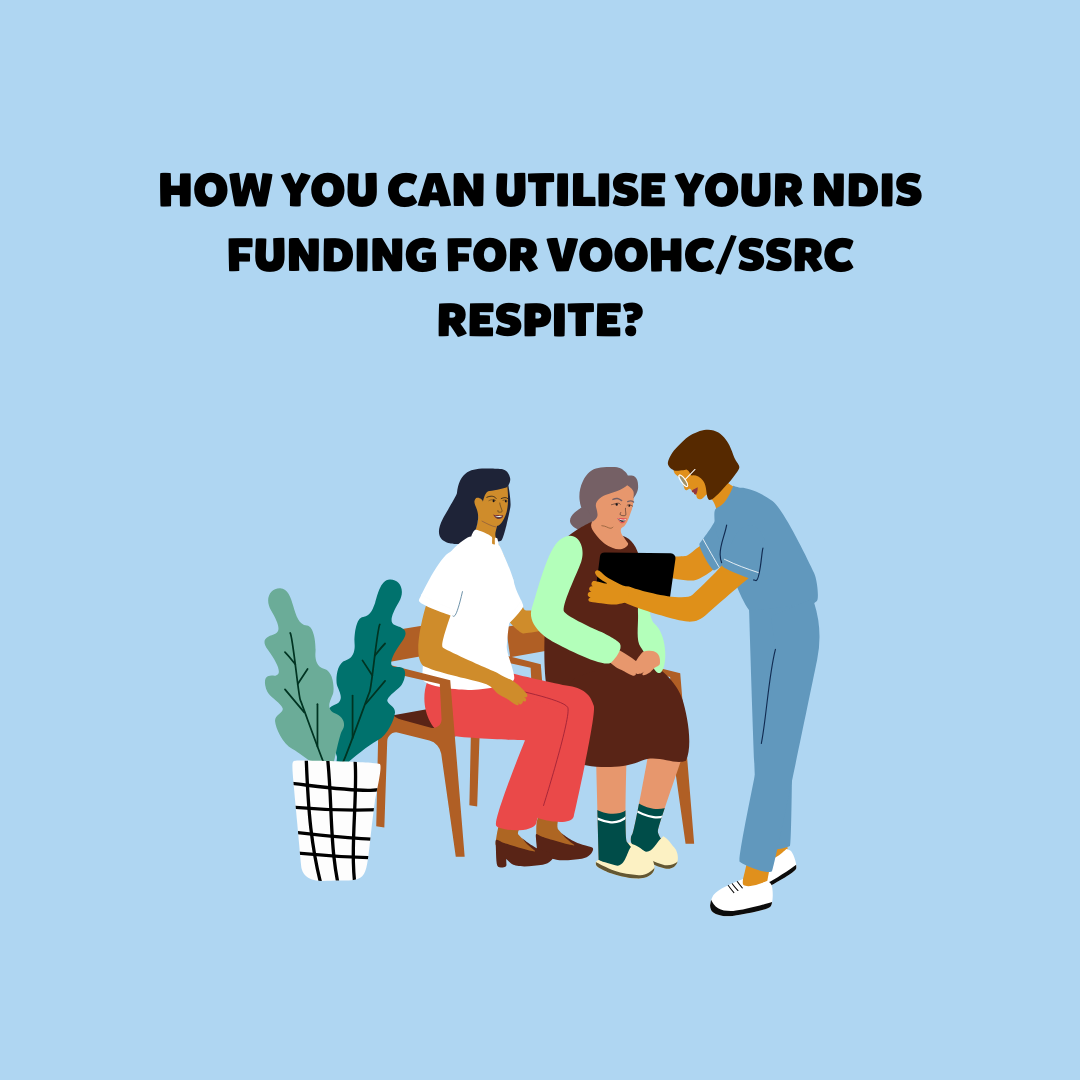Did you know that the Home and Living Team has been established within the NDIS?
This team has been established to interpret, analyse and make outcomes on decisions that impact NDIS participants with current and future Home and Living Needs.
This form will be requested when a participant has 6 or more hours/day of in-home support through to residing in NDIS-supported accommodation (SIL, ILO, SDA). This team will take into consideration the information in the Home and Living evidence form, and supporting documentation provided.
Participants, informal supports, COS’s and providers should consider the following:
- Is the evidence provided closely linked to the goals and questions within the Home and Living Evidence Form?
- Are there any restrictive practices in which may impact participants and others ability to stay safe. Clearly articulate these practices in the evidence
- Evidence should consider qualitative and quantitative outcomes regarding the ability to complete tasks of everyday living, safety concerns, ability to make decisions, impact on informal supports and ability to stay safe. Reports may include OT Functional/OT SIL assessments, Behaviour Support Plan, risk assessments, incident reports, and supporting letters from doctors/participants/informal supports.
For more information, refer to the following link from the NDIA website: Improvements to requesting Home and Living supports | NDIS


